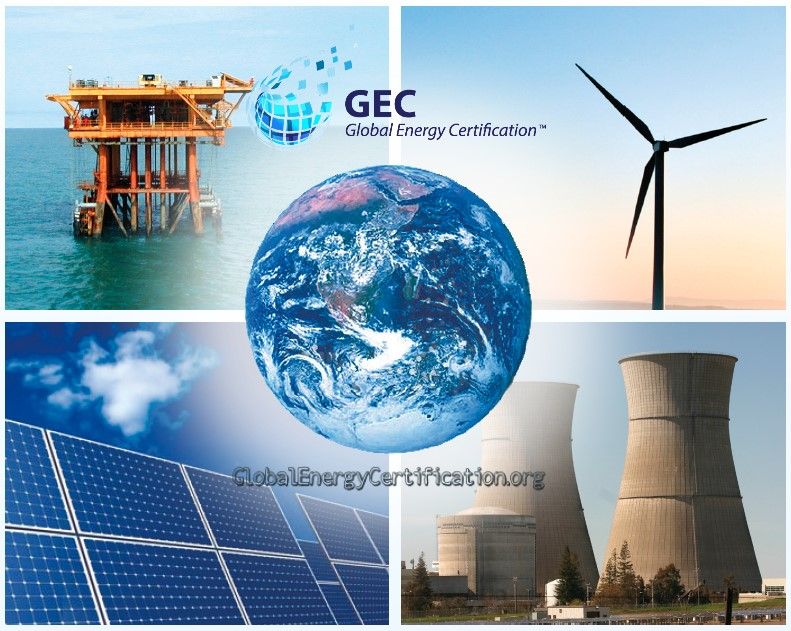Increased Borrowing Capacity for Mortgages for Greener Homes

Yet another experiment showing the UK means business when it comes to sustainability has been implemented, allowing borrowers to apply for bigger mortgages when purchasing green properties. This brand new scheme is designed to encourage energy efficiency. The scheme will take into account energy efficiency when making affordability calculations. Factoring in lowers gas and electricity bills could mean borrowers can increase the size of their mortgage by £11,500. This energy efficiency scheme is due to be launched in June, at which time Welsh help-to-buy loans will begin taking into account the energy rating of new homes. This applies to all new-build homes of a value of up to £300,000. The aim behind the scheme is to encourage householders to take steps to ensure their house is energy efficient. The current inertia we are seeing does not bode well for a nation hoping to be 100% green in the foreseeable future. What’s more, the Welsh government, the brain behind the scheme,


